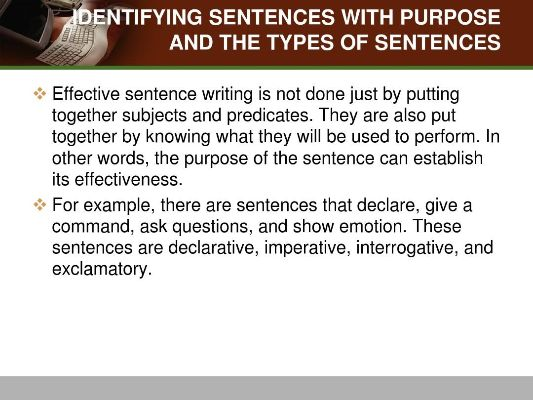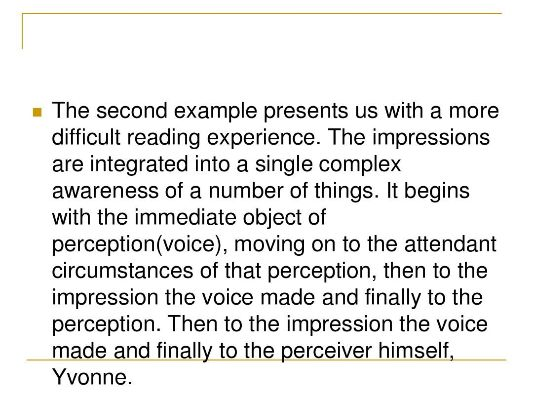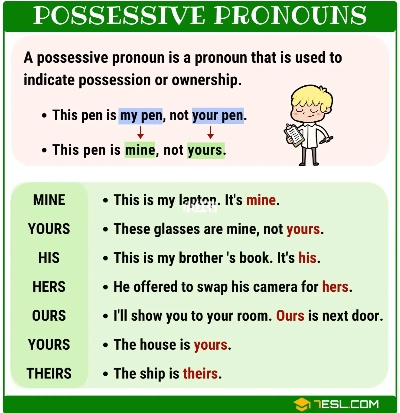The Pronunciation of These offers a comprehensive exploration of the various ways in which words are pronounced. It delves into the different phonetic rules, accents, and intonations that exist across languages and regions. By understanding the pronunciation of these elements, we can enhance our communication skills and better understand the spoken language. This could involve learning about vowel and consonant sounds, stress patterns, and the use of silent letters. It also highlights the importance of listening and imitating native speakers to develop accurate pronunciation. Whether for language learning, translation, or simply a deeper appreciation of language, a focus on the pronunciation of these is essential.
The word "these" is a commonly used English word that is pronounced as /ðiːz/. It is an important part of our daily communication and understanding its correct pronunciation is essential for clear and effective speech.
Let's start by breaking down the pronunciation of "these". The first sound is the /ð/ sound, which is a voiced dental fricative. To make this sound, place the tip of your tongue between your teeth and then release the air while vibrating your vocal cords. It should sound like a soft "th" sound, similar to the "th" in the word "this". The second part of the pronunciation is the long /iː/ sound, which is a long vowel sound. To produce this sound, keep your mouth relatively open and raise the front part of your tongue towards the roof of your mouth. The lips should be spread and the sound should be long and sustained. Finally, the last sound is the /z/ sound, which is a voiced alveolar fricative. For this sound, place the tip of your tongue against the alveolar ridge (the ridge behind your upper teeth) and release the air while vibrating your vocal cords. It should sound like a soft "z" sound, similar to the "s" sound in the word "beds".
Now that we know how to pronounce "these" individually, let's practice saying the whole word. Start by saying the /ð/ sound, then the /iː/ sound, and finally the /z/ sound together. It should flow smoothly and sound like /ðiːz/. Try saying it a few times slowly at first, and then gradually increase your speed.
One of the common mistakes people make when pronouncing "these" is to pronounce the /ð/ sound as a /θ/ sound. The /θ/ sound is an unvoiced dental fricative, which means that you do not vibrate your vocal cords when making this sound. To avoid this mistake, remember to vibrate your vocal cords when saying the /ð/ sound. Another mistake is to pronounce the /iː/ sound too short or too weak. To make the /iː/ sound more clear and distinct, make sure to raise the front part of your tongue and open your mouth wide enough.
In addition to individual pronunciation practice, it is also important to practice saying "these" in context. Try using the word in different sentences and conversations to get a feel for how it sounds in different situations. For example, you could say "These books are very interesting" or "I like these flowers". By using the word in context, you will become more familiar with its pronunciation and be able to use it more naturally in your speech.
It is also helpful to listen to native speakers pronounce the word "these" and imitate their pronunciation. You can listen to English podcasts, watch English movies or TV shows, or listen to English speakers having conversations. Pay attention to how they pronounce the word and try to imitate their pronunciation as closely as possible. This will help you improve your own pronunciation and also expose you to different accents and dialects.
In conclusion, the correct pronunciation of "these" is /ðiːz/. By understanding the individual sounds and practicing saying the word in context, you can improve your pronunciation and communicate more effectively in English. Remember to pay attention to the details of your pronunciation, such as the length and strength of the vowels and the sound of the consonants. With practice, you will be able to pronounce "these" and other English words with confidence and clarity. So keep practicing and soon you will be pronouncing "these" like a native speaker!








 京公网安备冀I陇ICP备2022000946号-1
京公网安备冀I陇ICP备2022000946号-1
还没有评论,来说两句吧...